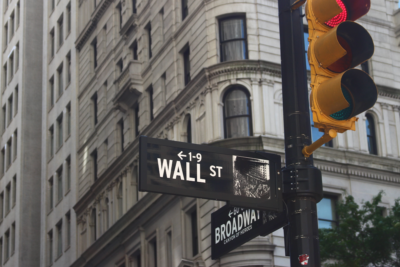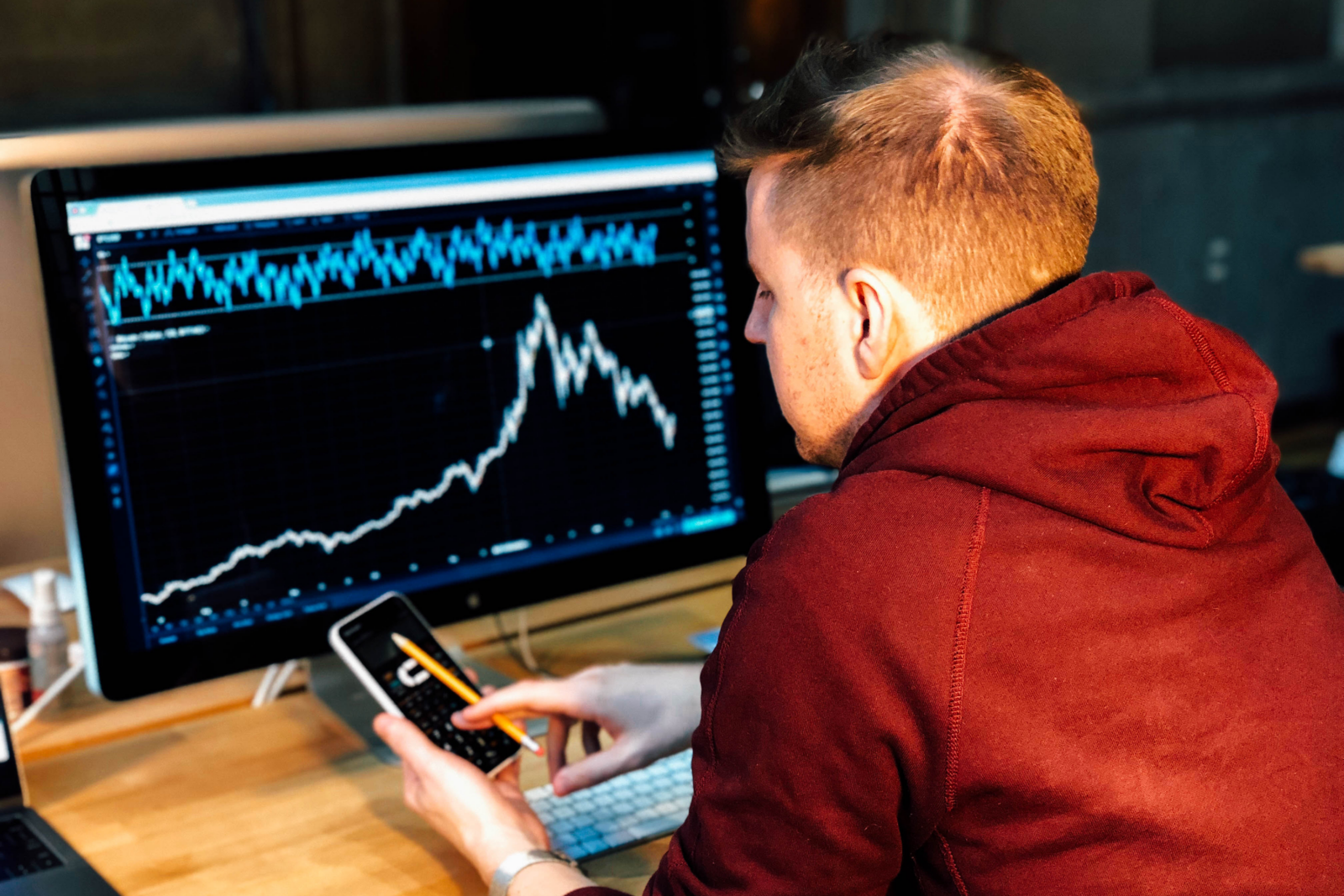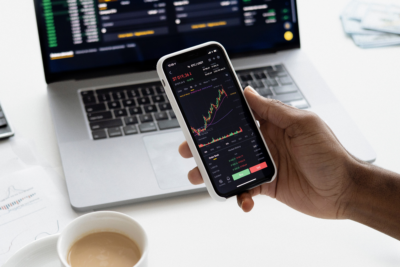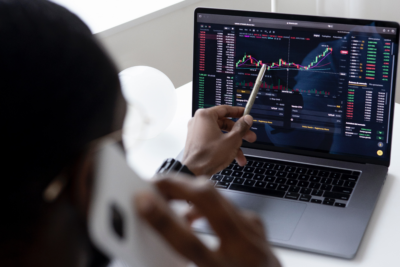Finance
-
Lyft Brings Ads to its App

Photo by Austin Distel on Unsplash
Get More Than News. Get Insights.
Our daily email brings you smart and engaging news and analysis on the biggest stories in business and finance. For free.
-
Lower Recession Fears are Reviving Risky Loans

(Photo Credit: Tierra Mallorca/Unsplash)
-
The M&A Slump is Killing Deal-Driven Hedge Funds

(Photo by Chris Liverani via Unsplash)
-
This Year’s Biggest Startup is a $1.85 Billion Hedge Fund

Photo by Alexander Mils via Unsplash















